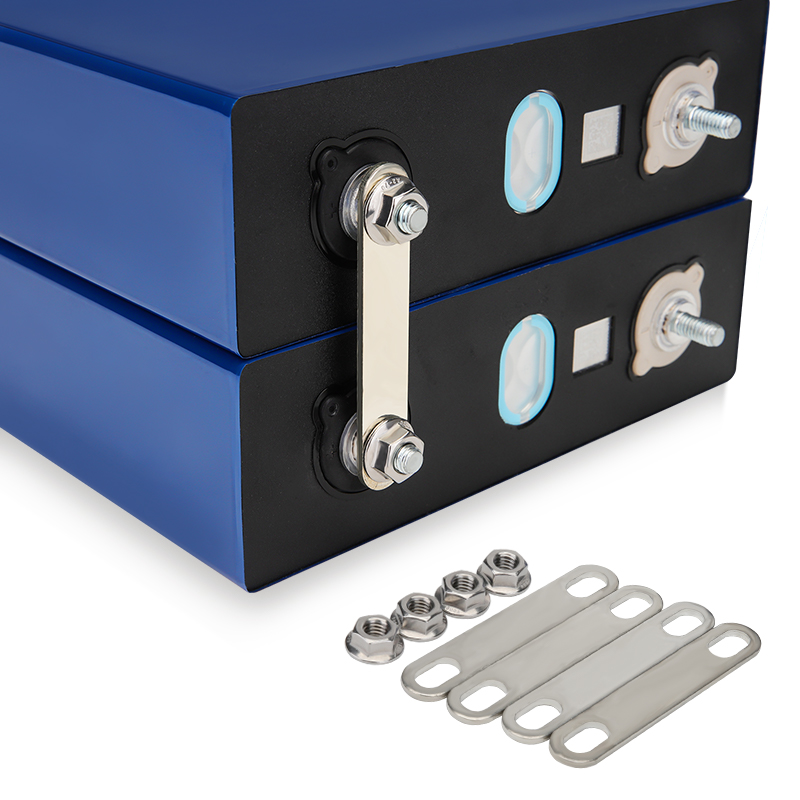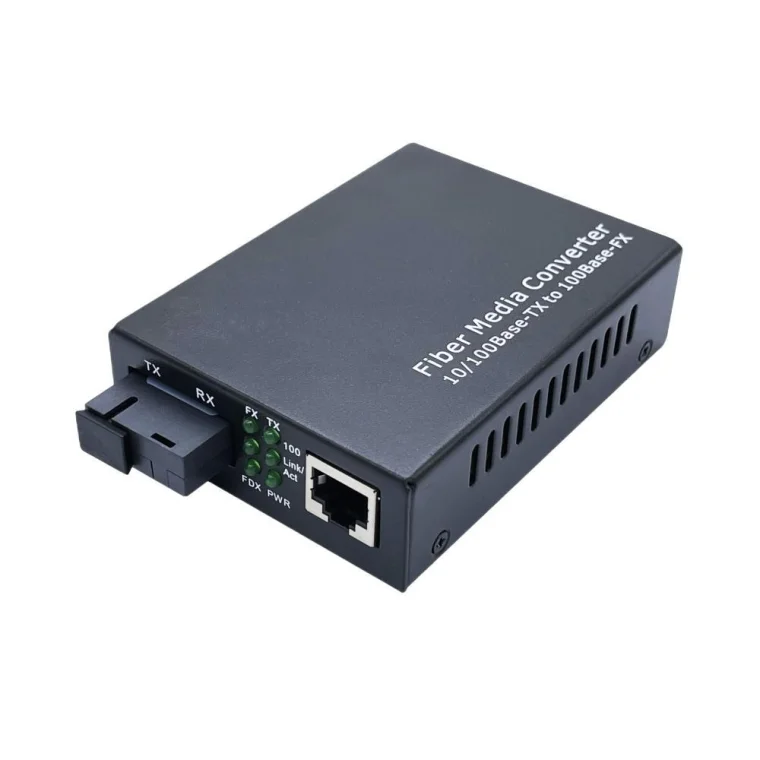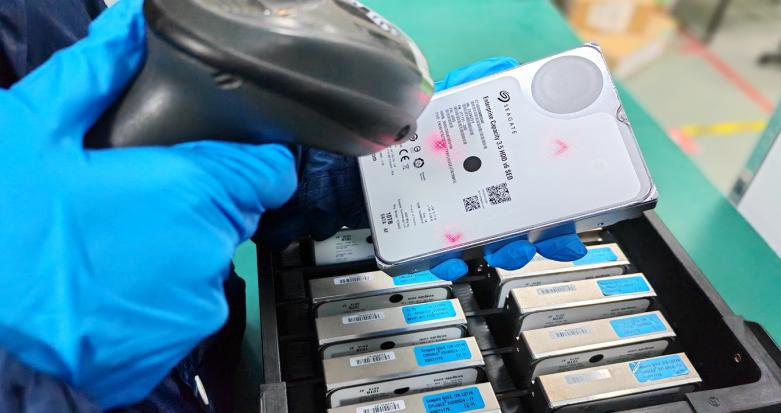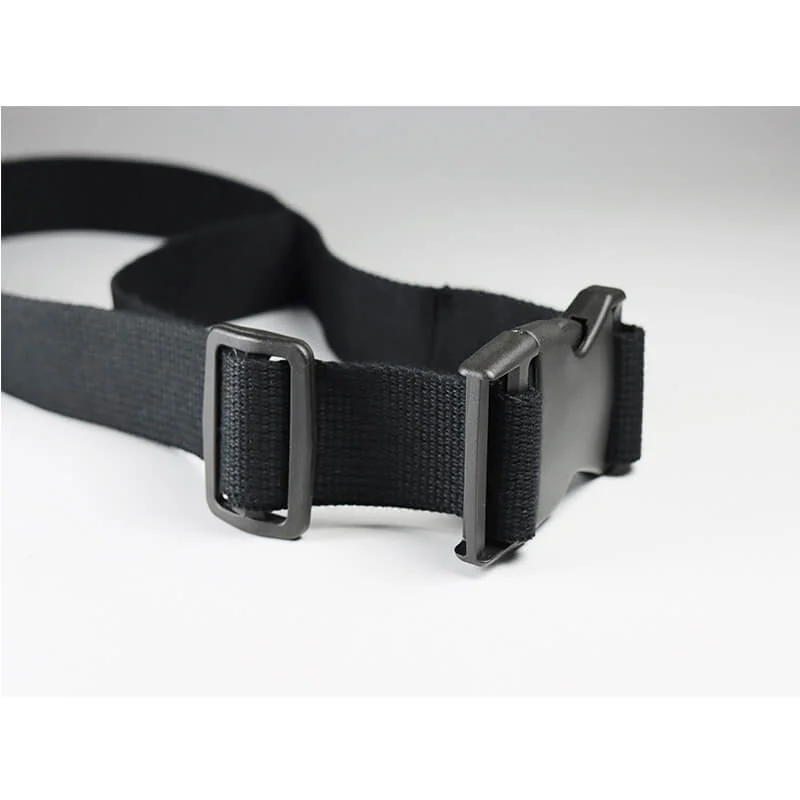Soldering is a fundamental skill in electronics, essential for creating reliable connections between components. However, even seasoned professionals can make mistakes. Understanding what happens if you solder wrong is crucial for anyone involved in electronics, from hobbyists to engineers. This article explores the potential consequences of improper soldering, common mistakes, and how to rectify them.
The Basics of Soldering
Before delving into the repercussions of incorrect soldering, it’s important to understand the soldering process itself. Soldering involves melting a filler metal (solder) to join electronic components. The quality of the solder joint is critical for the functionality and longevity of the electronic device. A good solder joint should be shiny, smooth, and have a concave shape, indicating a strong bond.
Common Soldering Mistakes
- Cold Joints: A cold joint occurs when the solder does not melt properly, resulting in a weak connection. This can happen due to insufficient heat or movement during the soldering process. Cold joints can lead to intermittent connections, causing devices to malfunction.
- Overheating Components: Excessive heat can damage sensitive electronic components. Overheating can lead to component failure, affecting the overall performance of the circuit. It is essential to use the appropriate temperature settings and techniques to avoid this issue.
- Incorrect Polarity: When soldering polarized components like capacitors and diodes, incorrect orientation can lead to catastrophic failures. For instance, reversing the polarity of an electrolytic capacitor can cause it to explode, posing safety hazards.
- Solder Bridges: A solder bridge occurs when solder unintentionally connects two adjacent pads or leads. This can create short circuits, leading to device failure. Identifying and correcting solder bridges is crucial for circuit integrity.
- Insufficient Solder: Using too little solder can result in weak connections that may fail under stress. It’s essential to apply the right amount of solder to ensure a robust joint.
Consequences of Soldering Errors
The repercussions of soldering mistakes can range from minor inconveniences to significant failures. Here are some potential outcomes:
- Device Malfunction: The most immediate consequence of poor soldering is device malfunction. Cold joints, solder bridges, and incorrect polarity can lead to erratic behavior or complete failure of the device.
- Increased Repair Costs: If a device fails due to soldering errors, it may require extensive troubleshooting and repair. This can lead to increased costs, especially in professional settings where time is money.
- Safety Hazards: Certain soldering mistakes can pose safety risks. For example, overheating components can lead to fires or explosions, while incorrect soldering of power circuits can cause electric shocks.
- Loss of Reputation: For professionals and businesses, consistent soldering errors can damage reputation. Clients expect high-quality work, and repeated failures can lead to loss of trust and future business.
How to Avoid Soldering Mistakes
Preventing soldering errors requires a combination of skill, knowledge, and practice. Here are some strategies to enhance your soldering technique:
- Use the Right Tools: Invest in high-quality soldering equipment, including a reliable soldering iron, solder, and flux. Proper tools can significantly improve the quality of your solder joints.
- Practice Proper Technique: Ensure that you are familiar with the correct soldering techniques. This includes maintaining the right temperature, applying solder correctly, and allowing components to cool properly.
- Double-Check Connections: Before powering up a circuit, double-check all connections for correct orientation and solder quality. This simple step can save time and prevent costly mistakes.
- Learn from Mistakes: If you encounter soldering errors, take the time to analyze what went wrong. Understanding the root cause of your mistakes can help you avoid repeating them in the future.
Conclusion
Soldering is an essential skill in electronics, but it is not without its challenges. Understanding the potential consequences of soldering errors is crucial for anyone involved in the field. By recognizing common mistakes and implementing strategies to avoid them, you can ensure the reliability and safety of your electronic projects. Remember, practice makes perfect, and learning from your experiences will ultimately lead to better soldering skills and more successful projects.





